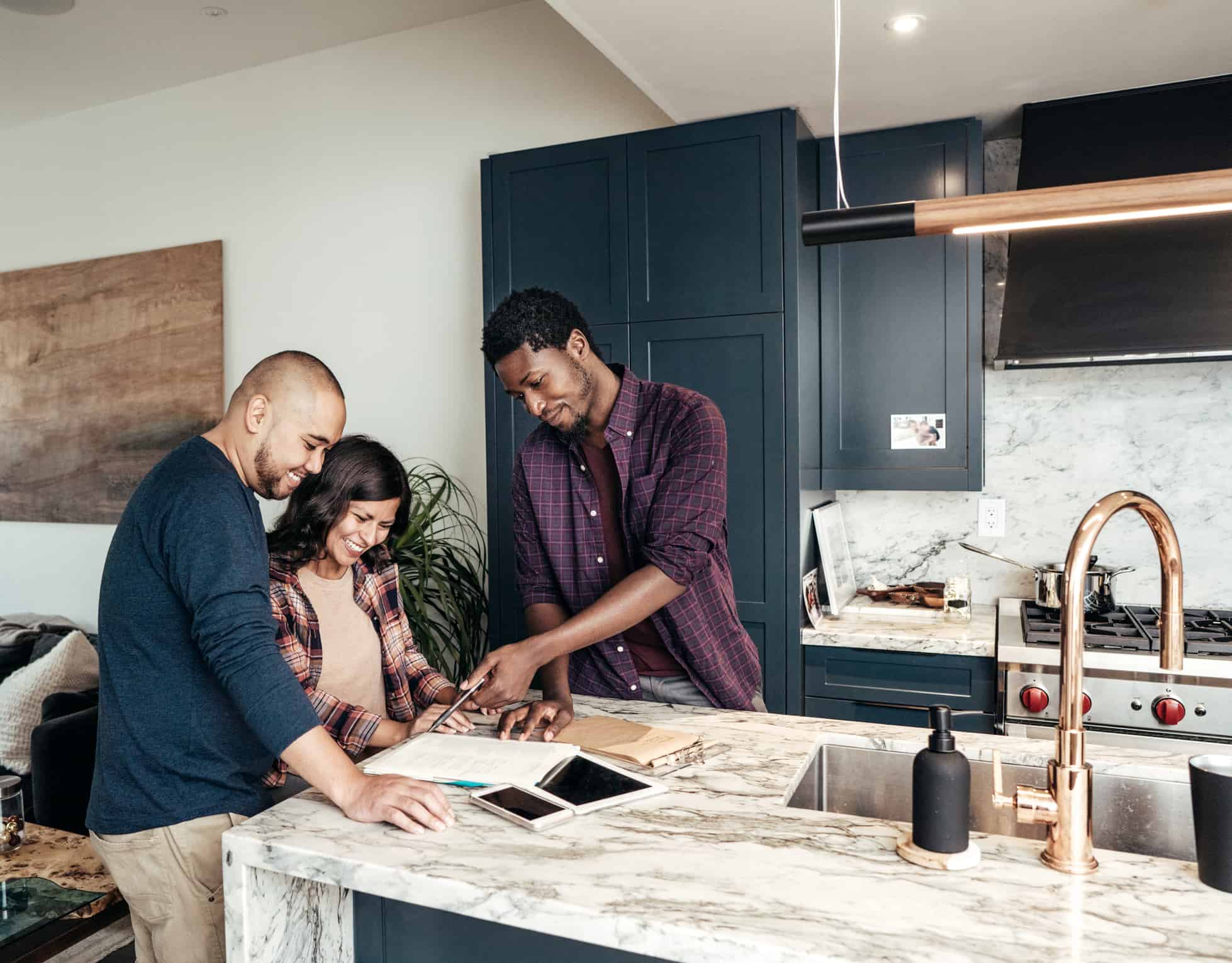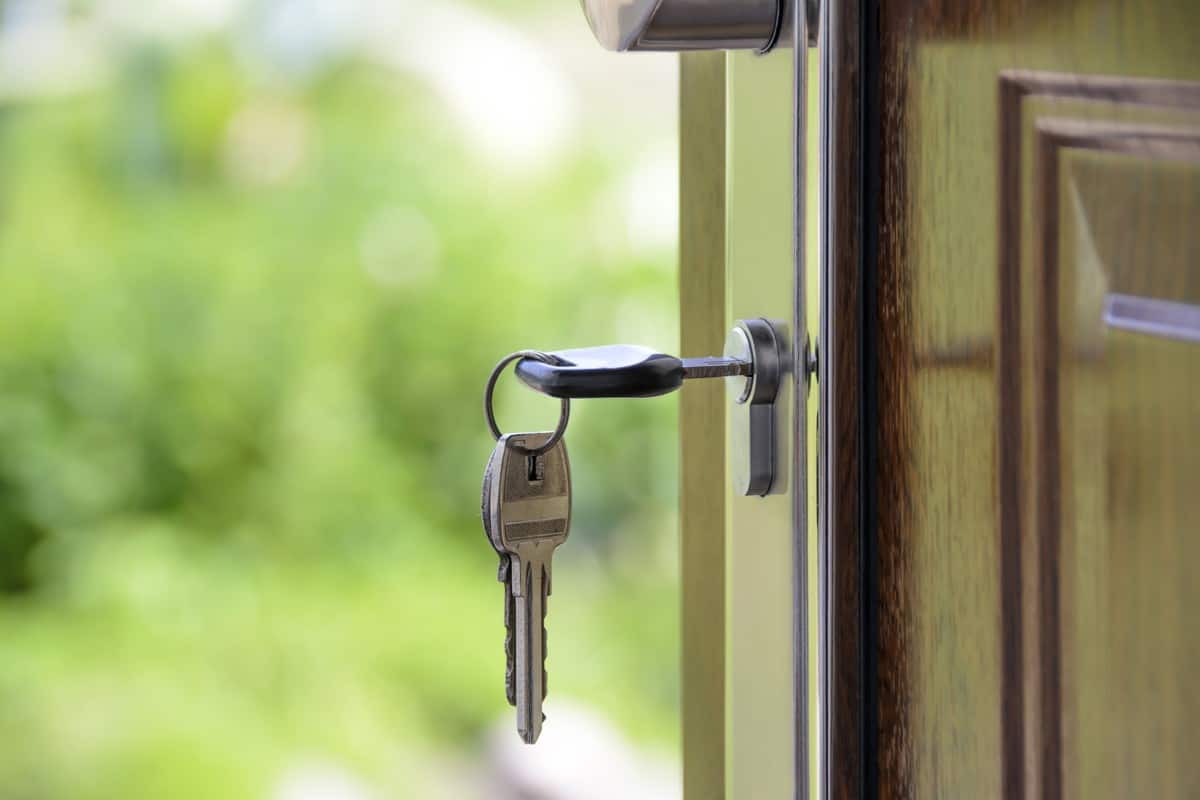This has been a topic of discussion for quite some time and while there are valid arguments to both sides, it is still a tough call on whether renting or buying is a better financial move.
Renting is Less Costly
For starters, it is pretty obvious to say that renting is much cheaper than buying. You don’t have to save up as much money to use as a down payment for a home. While there is a security deposit that is usually required before signing a lease to a new living situation, the cost of a security deposit is much less than 20% on the selling price of a home. Renting is also cheaper because as the tenant, you are not required to take care of any major repairs, so long as they are not your fault. If there is a leak in the roof or a burst pipe, the money that goes into fixing that does not come out of your wallet. In addition to not having to pay for expensive repairs, you are also exempt from having to pay for the property taxes and the mortgage insurance.
Renting is Loss Costly Upfront, But Over Time….
Renting is an attractive option because you don’t have to save up a large sum of money to use on a down payment or on expensive repairs, property taxes, or insurance. While renting is cheaper upfront, it can accumulate over time. If you decided to forego the American dream of being a home owner and decided to rent for the rest of your life, you might have paid enough in rent to purchase your own piece of property. If your landlord charges you $1,500 a month, never raises your rent, and you rented the same unit for 15 years, you will have paid $270,000 during that time. Many say that with renting, you are throwing your money away since your money doesn’t go towards anything, which is not the case. With the rent you are paying, you are able to have a place to live. It really is up to you to decide if paying this much over time is worth it. With renting, there are instances that happen more often than not when a tenant is basically evicted because the landlord decided to triple the rent cost. The rent that you are paying is dependent on the landlord and they are able to change that whenever they want. If you have a great relationship with your landlord and are confident that your rent will stay within the price range, then there really isn’t a motivation to purchase your own home.
Location and Surrounding Property Values Could Play a Big Part in Your Rent
If you are in a location where the home values are slowly increasing year after year like big cities, then renting might be the better choice. If home values are steadily increasing, you might be playing catch up to save up 20% for a down payment. No matter how much you save, 20% on a dollar amount that is always changing means that you will always need to save even more. There’s also the flip side of this argument that because as home values are continuing to go up, you’re at the will of your landlord and you could get a surprise surge in your rent. If your landlord is continuing to raise the rent in order to match the home value of that neighborhood, then maybe putting aside money to purchase property is a good idea.
You Don’t Have To Commit To One Location
Another benefit to renting is that you are not obligated to stay in your rental since there are leases that are month to month. If you are in between careers or are thinking of moving somewhere else for a change of pace, you can do that without any consequences and very little effort. The term for most mortgages are 30 years, so if you are thinking about purchasing a home, you will most likely be paying off the mortgage for about 30 years.
The Benefits of Home Ownership: Different Mortgage Types
It is expensive to buy a home since not many people have hundreds of thousands of dollars sitting at home waiting to be spent. While homeownership can be more costly than renting, there are different mortgage types available to make home ownership more affordable, depending on what your priorities are. Even though there’s a big price tag on property, mortgages can make purchasing a home easier, depending on the one that you choose.
FHA Loan
Saving up 20% of the selling price of a home can be a lot of money, depending on how much the property is selling for. If home ownership is something that you want for yourself but you are nowhere near having 20% saved up to use as a down payment, you can opt for a FHA (Federal Housing Administration) Loan. A FHA Loan requires the potential homeowner to put down a minimum of 3.5% as the down payment. 3.5% as a down payment can still be a lot, but it is much cheaper than 20% and it’s actually something that is achievable. Plus, if you are planning on purchasing property with someone else, saving up 3.5% will happen even faster. Since 20% is what is usually required for most mortgages, Private Mortgage Insurance (PMI) is required for FHA Loans since it is a risk for lenders to loan money with less than 20% down. Thankfully, PMI isn’t a permanent addition to your mortgage. Once you have paid off what would have been 20%, you are able to cancel your PMI payments. PMI can be somewhat pricy, almost costing as much as your mortgage payment, but if you are purchasing property with your spouse or planning on finding a roommate, their portion of the rent will offset this cost.
Adjustable Rate Mortgage (ARM)
If you happen to have 20% saved up, but you are worried about not being able to afford the monthly payments right now, you can also opt to have an Adjustable Rate Mortgage (ARM). An ARM is considered a hybrid mortgage, meaning that it has both a fixed and an adjustable interest rate. An ARM consists of two parts: the initial period and the time after the initial period is over. During the initial period, the interest rate is fixed and low, which makes the mortgage payments more affordable during this time. After the initial period ends, the interest rate will then adjust to the market so your monthly payment can either go up or down. If you are looking for an affordable mortgage in the meantime because you are anticipating a higher income in the future (think a pending big promotion or a medical student on their way to being a doctor), an ARM is a great option since the future pay raise will be able to offset the higher costs.
These Options Are Not Permanent
If you did decide to go with a FHA Loan or an ARM when you first became a homeowner and decided that the benefits these mortgages offered are no longer beneficial to you, you can always refinance into a better mortgage. The beauty of refinancing is that you can change out mortgages depending on what stage of life you’re in and find a better loan that matches your new set of priorities. If you got an ARM to take advantage of the low monthly payments, but aren’t a fan of the adjustable interest rate, you can refinance into a 30-Year fixed rate mortgage which will give you a slightly higher interest rate, but the fixed interest rate will guarantee you the same monthly mortgage payment until you have paid off your loan. You will have added more time to your mortgage, but because you are splitting up the remainder of your loan amount into a new set of 30 years, your mortgage payment will stay fairly low.
Overall Thoughts
Renting and buying both have their own benefits, but there are also cons to both. It depends entirely on what you see as valuable and what you can afford. Thankfully, there are different mortgage types that can help anyone get started in their path to home ownership. If home ownership is something you have always wanted for yourself, but felt like it was a fantasy, it’s not. Whether you want a low monthly payment or a low down payment to get started, you have options. You just need to decide if you want to take them.



